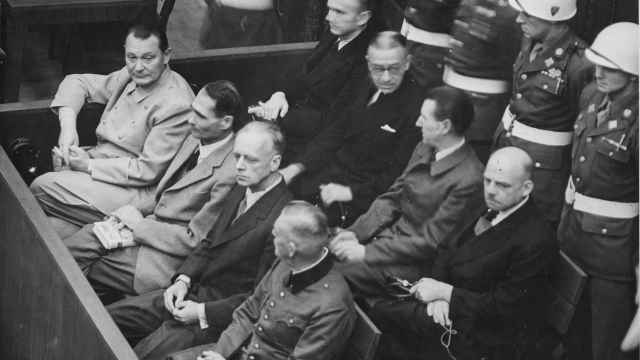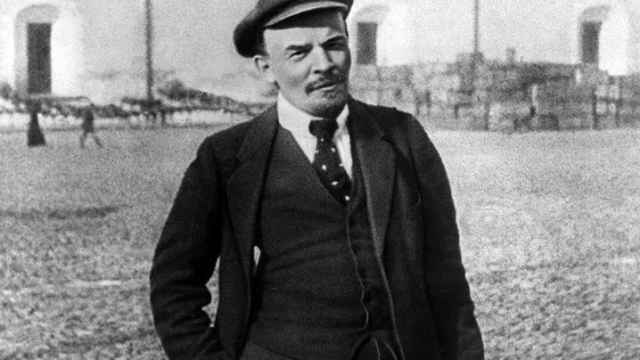It’s History of Rock ‘n’ Russia Week on Moscow TV, with a nicely eclectic selection of clips and films on the history of popular music, the end of the last Russian dynasty, and the passing of a way of life in Siberia. Here’s the where and when: On Monday MUZ-TV’s regular Gold Rush segments are featuring the greatest hits of the ‘90s and the aughts (‘00s) – which will seem like ancient history to Millennial viewers (“time travel,” the channel calls it) while prompting others to remark aloud that they have socks older than that. Tune in for a look at/listen to the Rock of (Young) Ages, with videos by the likes of Nirvana, Pearl Jam, Guns N’ Roses, Bon Jovi, Green Day and Coldplay – not to mention local favorites Agatha Christie [Агата Кристи], Boris Grebenshchikov/Akvarium and maybe even “Enemy of the People” Andrei Makarevich and Time Machine [Машина времени].
Gold Rush: Greatest Hits of the ‘90s and ‘00s / Золотаялихорадка. Величайшие хиты 90-х и 00-х.
MUZ-TV, Monday at 1 p.m., 8 p.m. and 10 p.m.
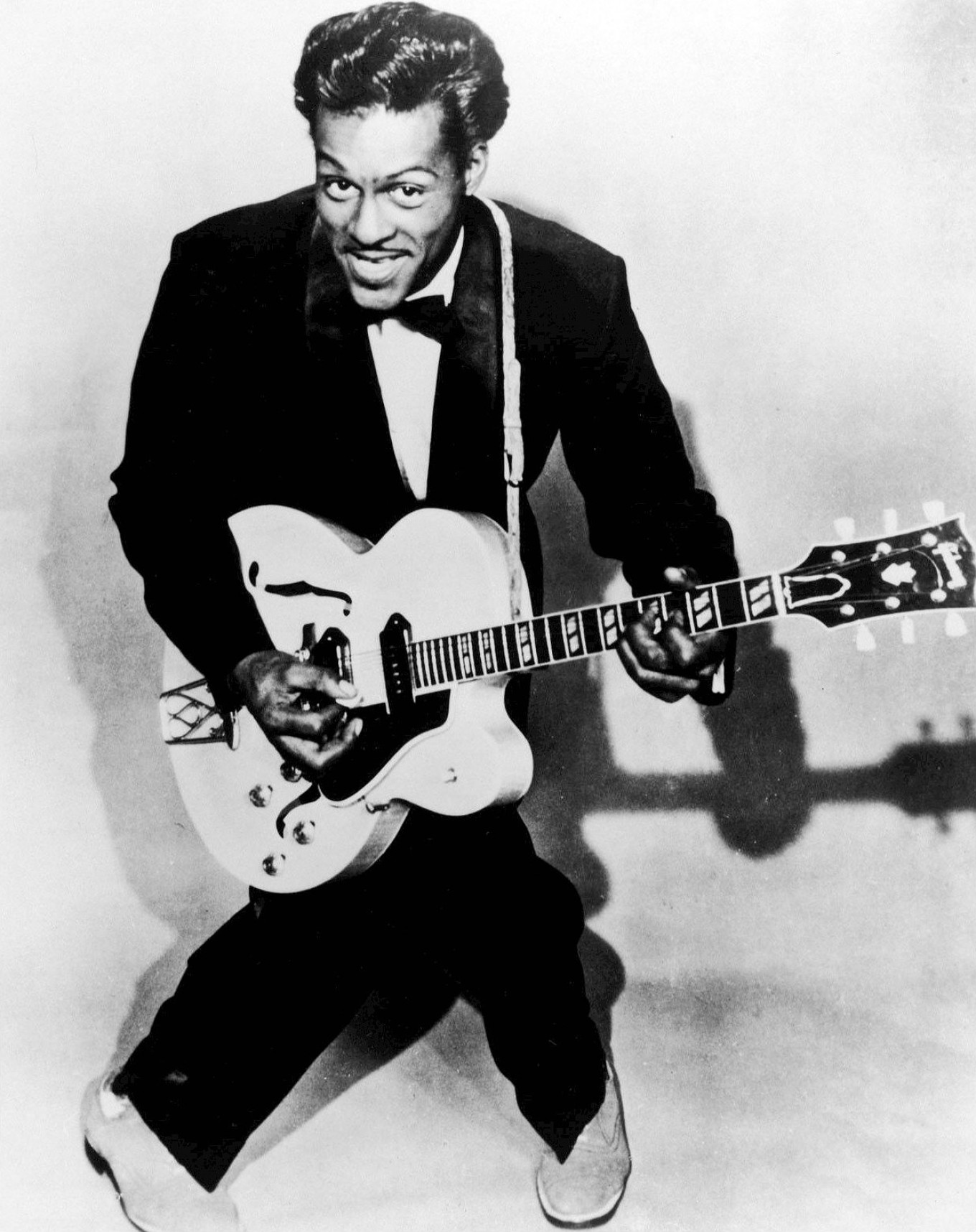
On Tuesday Kultura moves us along to real rock history – of six-decade vintage! Hollywood didn’t really trust early rock ‘n’ roll as a stand-alone ticket-selling art form, so what the 1950s youth audience got was low-budget features like this Vanguard Productions' quickie “Rock, Rock, Rock” (1956). The third in a series of five movies starring disc jockey and rock ‘n’ roll impresario Alan Freed, “Rock, Rock, Rock" has a negligible story (girl wants strapless prom dress, dad says no) but some classic musicians who fairly light up the screen: Tune in and let Chuck Berry, La Vern Baker, Frankie Lymon and the Teenagers, The Flamingos, The Moonglows and The Johnny Burnette Trio show you what rock was like back in the day – and why kids today should be embarrassed not to know their names!
Rock, Rock, Rock / Рок, рок, рок!
Kultura, Tuesday at 11:15 a.m.
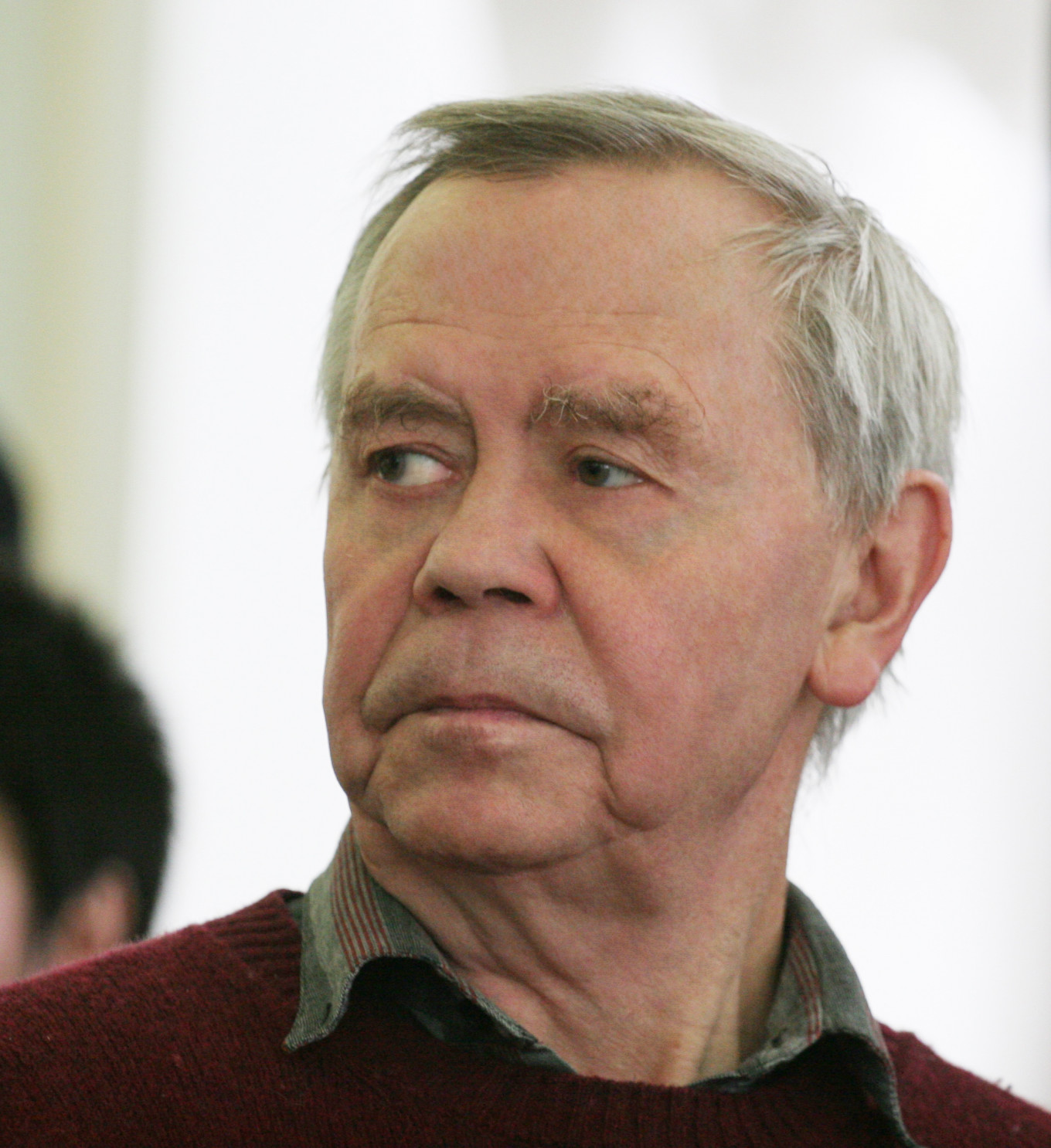
March 14 marks the 80th birthday of the late Valentin Rasputin (1937-2015), the most celebrated of Russia’s Village Prose writers. Kultura is honoring the occasion on Tuesday with a good discussion and an award-winning documentary, then on Saturday with two fine films based on Rasputin works. Igor Volgin’s high-dome talk show “The Glass Bead Game” invites a literary scholar, a journalist and two writers to review Rasputin’s classic novella "Farewell to Matyora” (1979); this is followed by Sergei Miroshnichenko’s fine “The River of Life” (2011), which records how Rasputin and two fellow Siberians, publisher Gennady Pokronov and critic Valentin Kurbatov, deal with the departure of a people and a way of life along Siberia’s Angara River.
Saturday begins with Yevgeny Tashkov’s “French Lessons” (1978), a moving adaptation of Rasputin’s eponymous story of life in an impoverished post-war Siberian backwater – which changes forever when the interplay between a sympathetic young schoolteacher and her 11-year-old pupil produces unanticipated consequences for both. Later in the evening comes Alexander Proshkin’s much-praised “Live and Remember” (2008), from Rasputin’s unconventional novella about the consequences of World War II for a young Siberian couple and the price they must pay to live beyond it. This country sorely misses Rasputin’s quiet, perceptive and forceful voice; and these two films, spanning the Brezhnev era and the new millennium, eloquently remind us why.
The Glass Bead Game with Igor Volgin: Rasputin’s “Farewell to Matyora”/ "Игра в бисер" с Игорем Волгиным. В. Распутин. "Прощание с Матерой."
Kultura, Tuesday at 9:10 p.m.
The River of Life / Река жизни. Kultura, Tuesday at 9:55 p.m. & Wednesday at 9:55 p.m.
French Lessons / Уроки французского. Kultura, Saturday at 7:20 p.m.
Live and Remember / Живи и помни. Kultura, Saturday at 9:10 p.m.
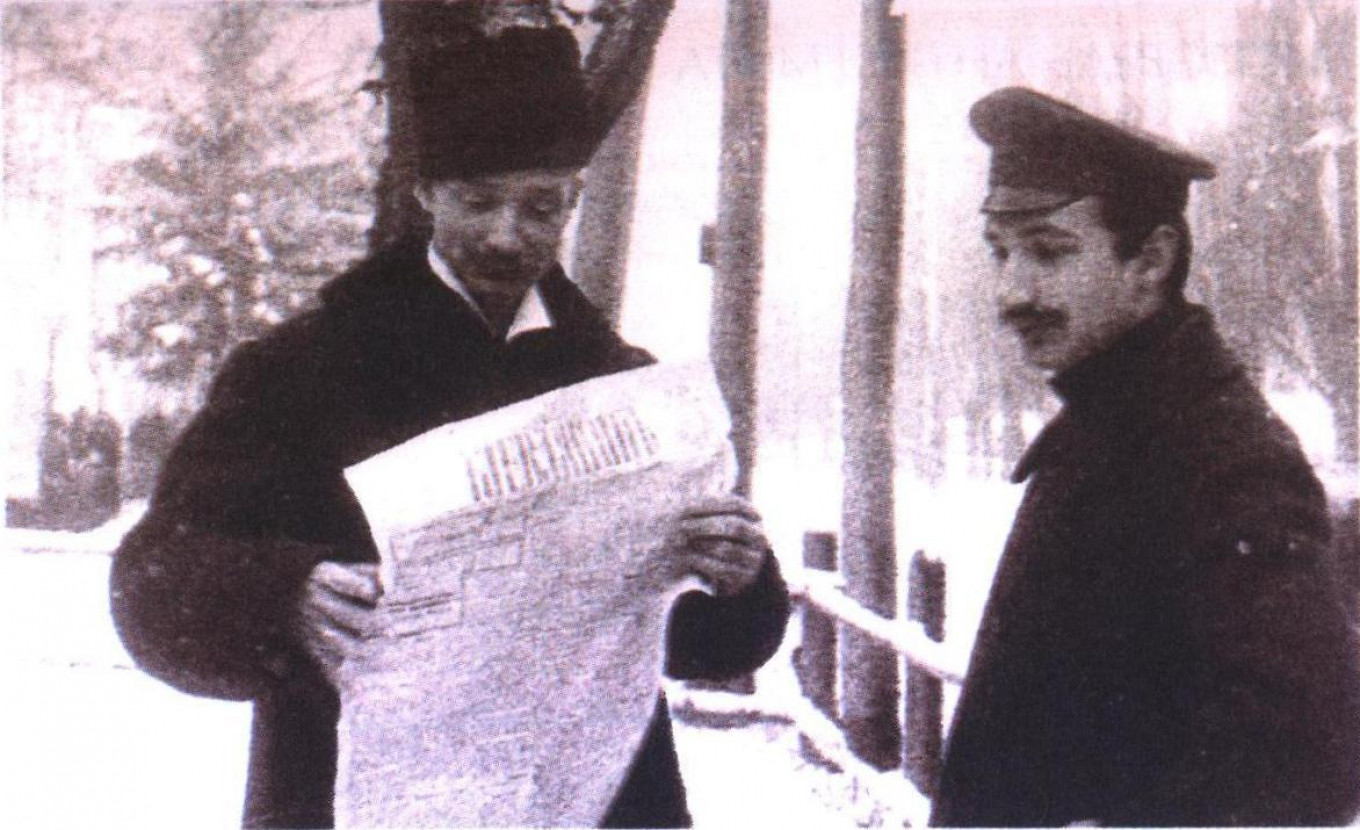
On Thursday evening Kultura marks the 100th anniversary of the end of the Romanov dynasty with a unique documentary triple feature. Leading off is Alexander Stolyarov’s “Read and White: Ermler and Shulgin” (2010), an account of how Soviet director and arch-propagandist Fridrikh Ermler came to meet with the former tsarist Duma leader and anti-Bolshevik Vasily Shulgin – the man delegated to accept the abdication document from Nicholas II in 1917 – and make a film about what had gone right and wrong in 20th-century Russian history.
The unlikely pair were brought together in 1965 at Lenfilm and eventually produced the evening’s second and even more remarkable feature, “Facing the Judgment of History” (1965). While the film’s clear intention was to demonstrate that the White monarchist had been mistaken in his resistance to the Bolshevik coup and Soviet power, Shulgin proved such a dynamic and convincing figure that audiences felt he won Ermler’s elaborately staged historical “debate.” The film was therefore withdrawn from circulation by Soviet authorities after three days in Moscow and Leningrad theaters… and the past was allowed to remain where it had been for another 20 years.
The third Thursday feature is the premiere of an “archival documentary” in the “Case No.” series: “The Abdication of Nicholas II: The Last Document of the Empire” (2017) examines a “unique collection of documents pertaining to the last Russian emperor and his family – the ‘New Romanov Archive.’” Guided by Sergei Mironenko – one of Russia’s finest historians and Scholarly Director of the Russian Federation State Archive – the film affords a rare chance to see and consider the extant material evidence related to Nicholas’s renunciation of the Russian throne.
Read and White: Ermler and Shulgin / Красное и Белое. Эрмлер и Шульгин. Kultura, Thursday at 8:30 p.m.
Facing the Judgment of History / Перед судом истории. Kultura, Thursday at 9:25 p.m.
The Abdication of Nicholas II: The Last Document of the Empire / Отречение Николая II: последний документ Империи. Kultura, Thursday at 11:00 p.m.
Mark H. Teeter is the editor of Moscow TV Tonite on Facebook
A Message from The Moscow Times:
Dear readers,
We are facing unprecedented challenges. Russia's Prosecutor General's Office has designated The Moscow Times as an "undesirable" organization, criminalizing our work and putting our staff at risk of prosecution. This follows our earlier unjust labeling as a "foreign agent."
These actions are direct attempts to silence independent journalism in Russia. The authorities claim our work "discredits the decisions of the Russian leadership." We see things differently: we strive to provide accurate, unbiased reporting on Russia.
We, the journalists of The Moscow Times, refuse to be silenced. But to continue our work, we need your help.
Your support, no matter how small, makes a world of difference. If you can, please support us monthly starting from just $2. It's quick to set up, and every contribution makes a significant impact.
By supporting The Moscow Times, you're defending open, independent journalism in the face of repression. Thank you for standing with us.
Remind me later.





